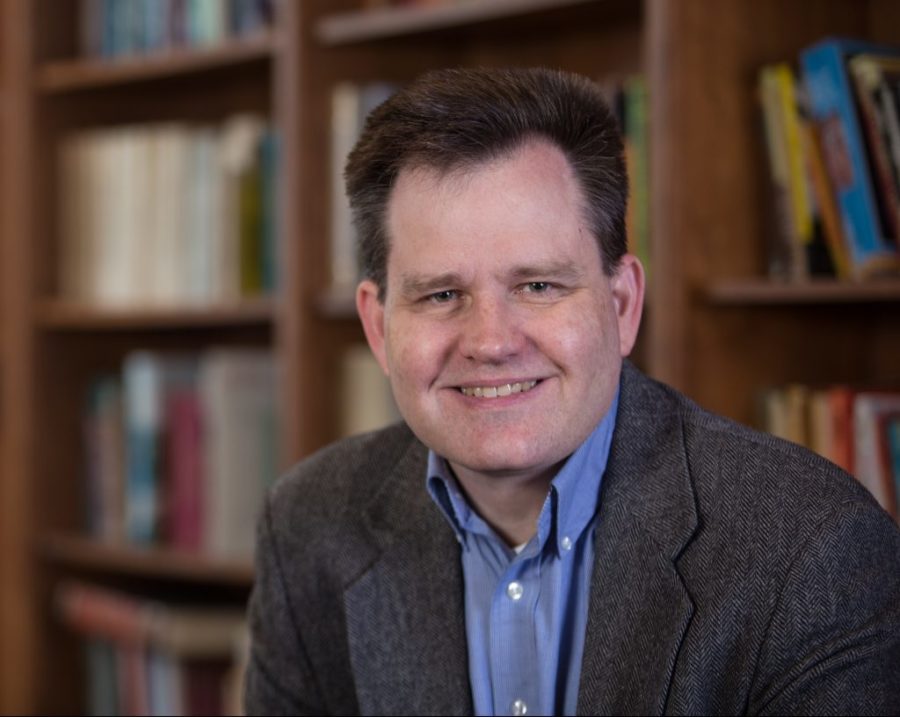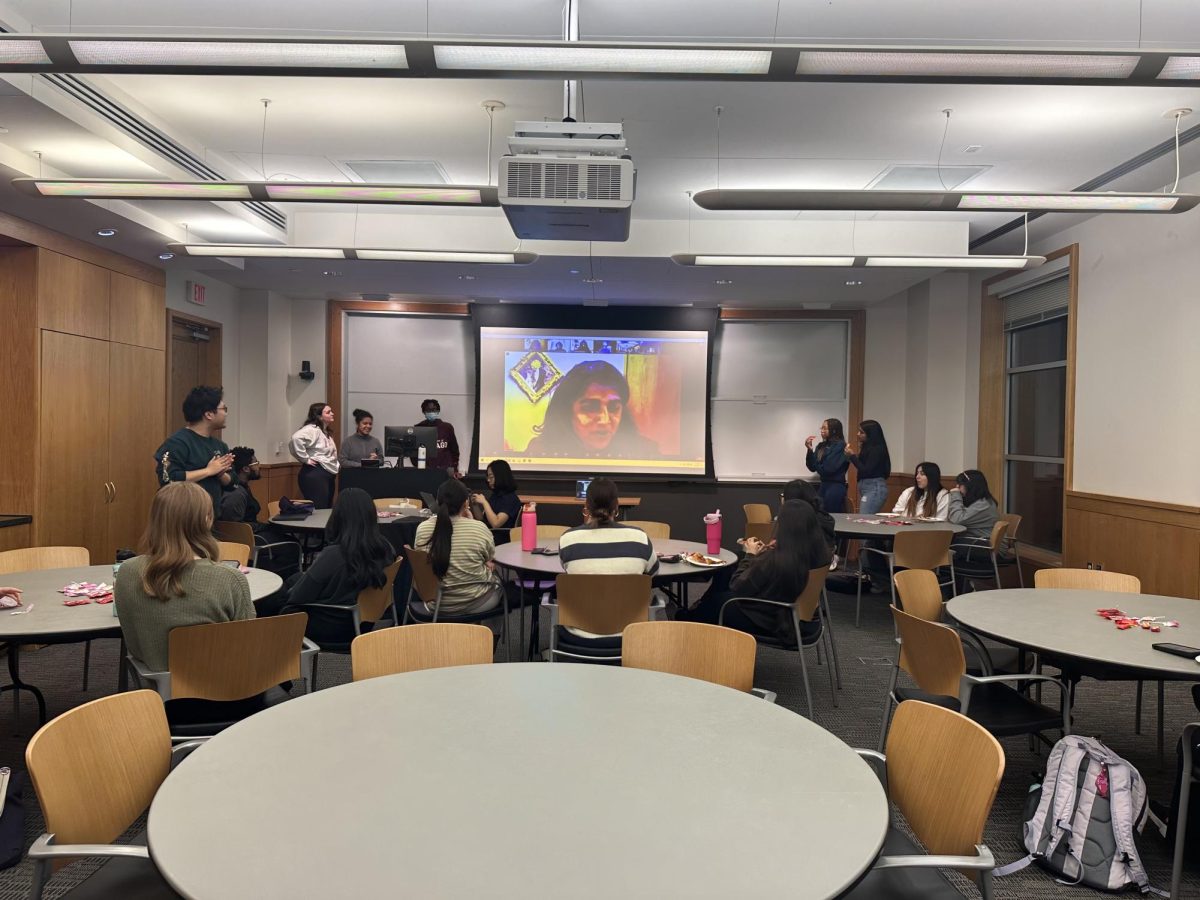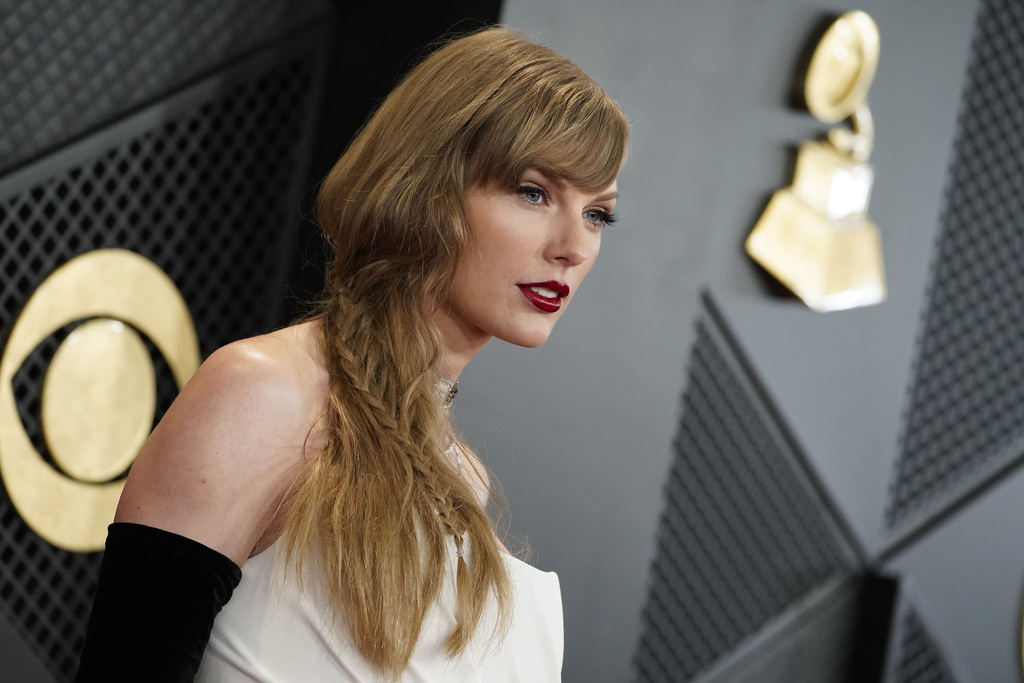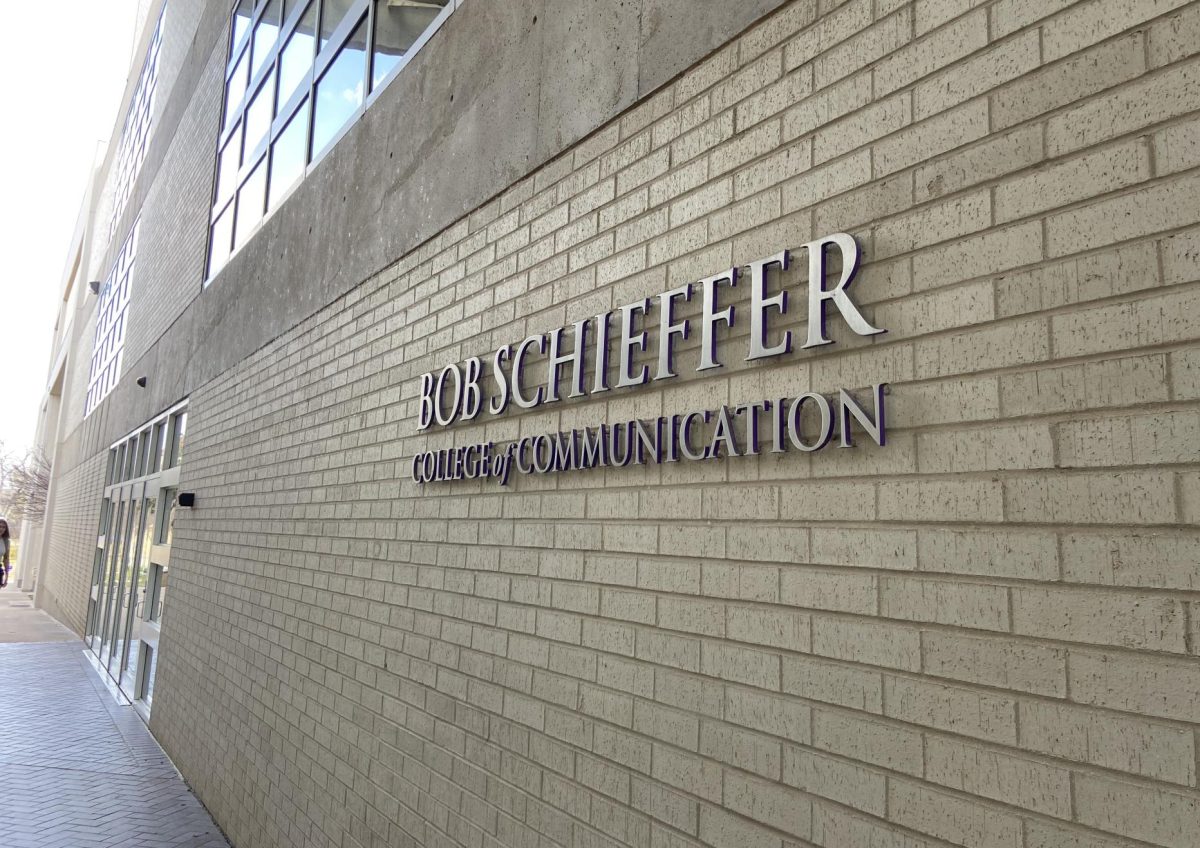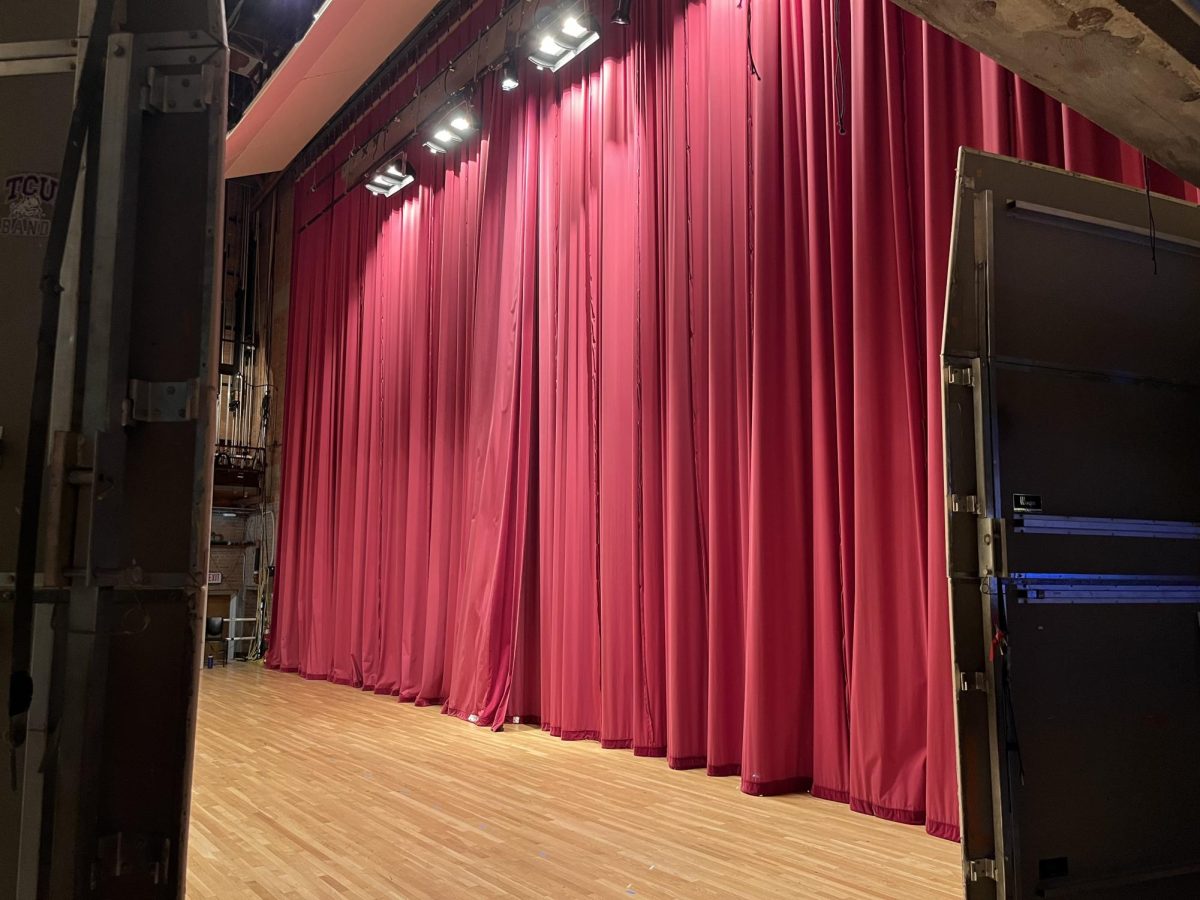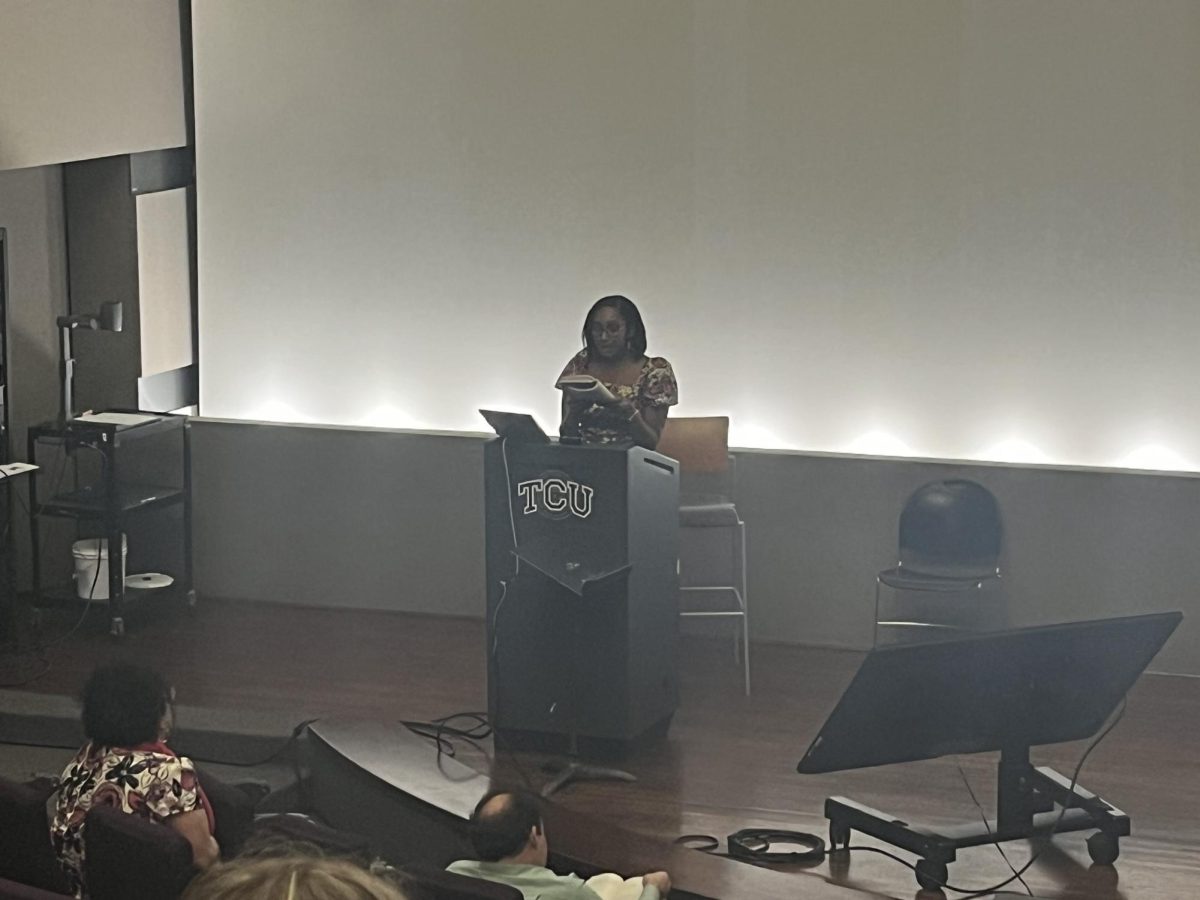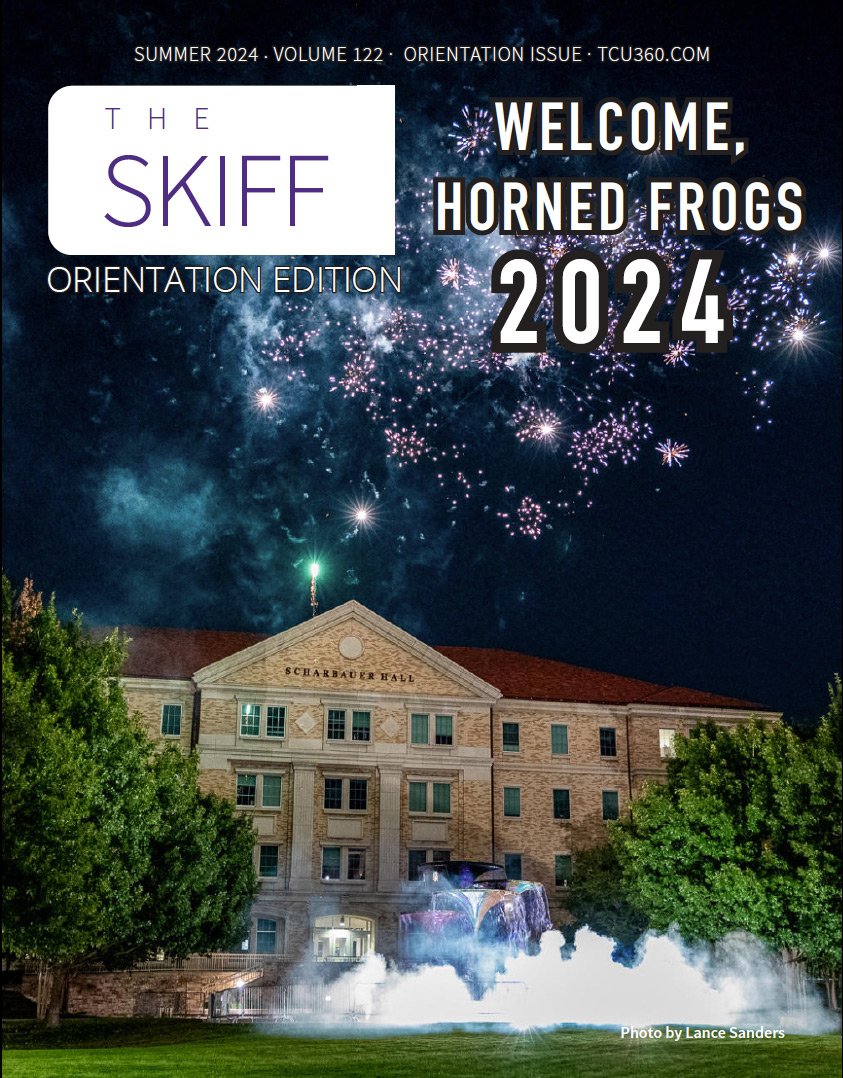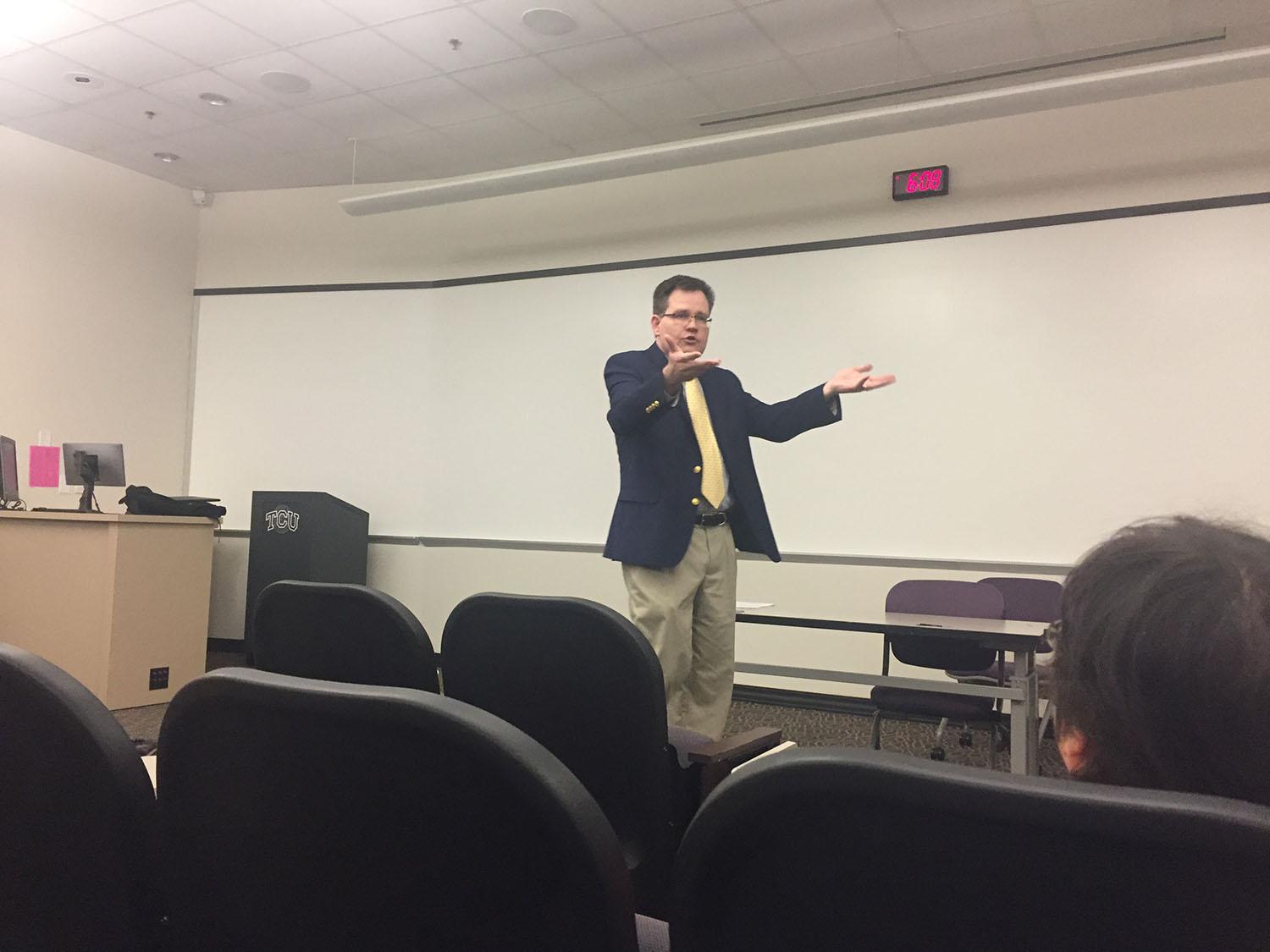
When it comes to free speech on college campuses, a politics professor said universities have the obligation to embrace and not discourage it.
Keith Whittington, a William Nelson Cromwell politics professor at Princeton University, said free speech is paramount on campuses because universities are designed to advance human knowledge.
“The capability to pursue questions and find what we think are the correct answers is crucial,” Whittington said.
In a democratic society, free speech matters because it is important to criticize and hear criticism. The right to self-expression is inherent to how democracy works, but Whittington said that universities are not necessarily encouraging that.
Whittington visited TCU Thursday to promote his new book “Speak Freely: Why Universities Must Defend Free Speech.”
During his presentation, Whittington explained that universities should encourage free speech on all fronts, from students debating in open spaces, to faculty addressing issues in the classroom.
“At times, speakers on campus are met with threats of violence for expressing opinions,” Whittington said. “This and other kinds of disruption are designed to interfere with the communication of ideas.”
Confronting a dissenting opinion with violence is what Whittington says obstructs free speech.
“We want to have a range of views presented to us and explore a range of things that might be interesting,” Whittington said. “That is part of what happens when you bring speakers and scholars to campus; there is an exchange of ideas.”
Ultimately, universities should recognize and value expressions of dissent and disagreement because they provide opportunities to generate conversation and debate.
“We learn from those conversations,” Whittington said. “It can be useful to hear those competing arguments, in part because it can help clarify why we hold the commitments we have and can it can help strengthen our own arguments and convictions about those statements.”
Whittington also said that there is pressure on college campuses to be more restrictive on speech, but resisting that movement is partly why he wrote his book. “I think there’s a lot of commitment on campuses to be very open to a wide range of debate” Whittington said.
After the event, Shawn Snoddy, a sophomore philosophy major and political science minor, said that if a speaker he disagrees with came to campus, he would not advocate for the speaker not to come.
“I want to hear the debate and the exchange of ideas,” Snoddy said. “I think it should be civil and respectful. Of course, people can get emotional about ideas, but the difficulty and the objective is to not let that emotion get in the way of actually addressing the ideas.”


